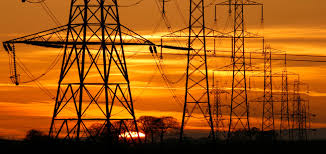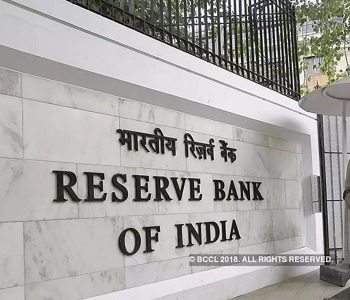Local residents in Sarlahi’s Lalbandi region stall work on 132 kV transmission line project

KATHMANDU: In the Lalbandi region of Sarlahi, local residents have halted progress on the upgrading (conducting conductor maintenance) of the 132 kV double-circuit transmission lines.
The delay comes as they demand compensation for land rights and damage reparations, making it difficult to initiate the work. Due to these local disruptions, the project has been at a standstill since September 19, approximately 41 years after the construction of the transmission line.
The local objections have arisen because the line is being worked on for conductor maintenance after 41 years, which could allow for loans to be taken and service quality to be enhanced at the local electricity and financial institutions.
The central bank is also monitoring that loan. And it is not good to blame only the entrepreneurs. In this way, Dhakal says that we should all work together to find a solution to the problem created by everyone.
It is obvious that the revenue is decreasing because the private sector is not operational. Internal debt has been raised since the beginning of the financial year to finance government expenditure. There is a high price increase,’ he added, ‘we want a transparent and private sector-friendly system to be developed. Small entrepreneurs who do not have access, they need support more. They should create an environment to do business easily.’
The private sector has been included in education, health, and infrastructure in the world. He says that we should not skimp on it either.
Economist Achyut Wagle says that although it is said that there is a lot of agreement between the finance minister and the governor, it is not reflected in the policy. He said that what is expected in the budget will be confirmed because the implementation of the monetary policy is not expected.
He said that the problem has not been solved because we have spent time talking about 80 percent of the country’s energy, law, and governance, and who has/hasn’t sat in office.
I will say three things about capital expenditure. will(desire), will power (willpower) and work plan (action plan) i.e. the three W’s,’ he said, ‘looking at these three stages, the will is not shown in most places.’ He suggested that if the debt raised by the government cannot be invested in the productive sector, then 60 billion rupees of contractors’ money should be paid.
‘When the contractor gets paid, the workers get paid, another cycle begins. He said, “That’s what the government does.” He said that the subjects that we have the ability and experience to prove have immense potential for export, including higher education, health, and information technology.
Poshraj Pandey, the economic advisor of the Ministry of Finance, claims that since the problems of the economy are not only created now, but have continued since the past, a solution should be found in a systematic way. He said that there was a problem when the policy was introduced for popularization rather than for the improvement of the economy. “Because the policy could not be made good, the rule of law, good governance, service quality, etc. could not be improved,” he said.
Bam Bahadur Mishra, Acting Governor of Nepal Rastra Bank, said that they are ready to move forward by collaborating with the private sector. “Rashtra Bank is together in the problems faced by the private sector,” he said. “There are still some problems in the economy, let’s solve them together.”
According to him, the economy is in trouble due to the huge increase in the price of crude oil in the world market, the Corona epidemic, the Russia-Ukraine war, and the rising interest rates. He said that the National Bank has reduced the bank rate and the policy rate so that the interest rate will decrease.














Facebook Comment